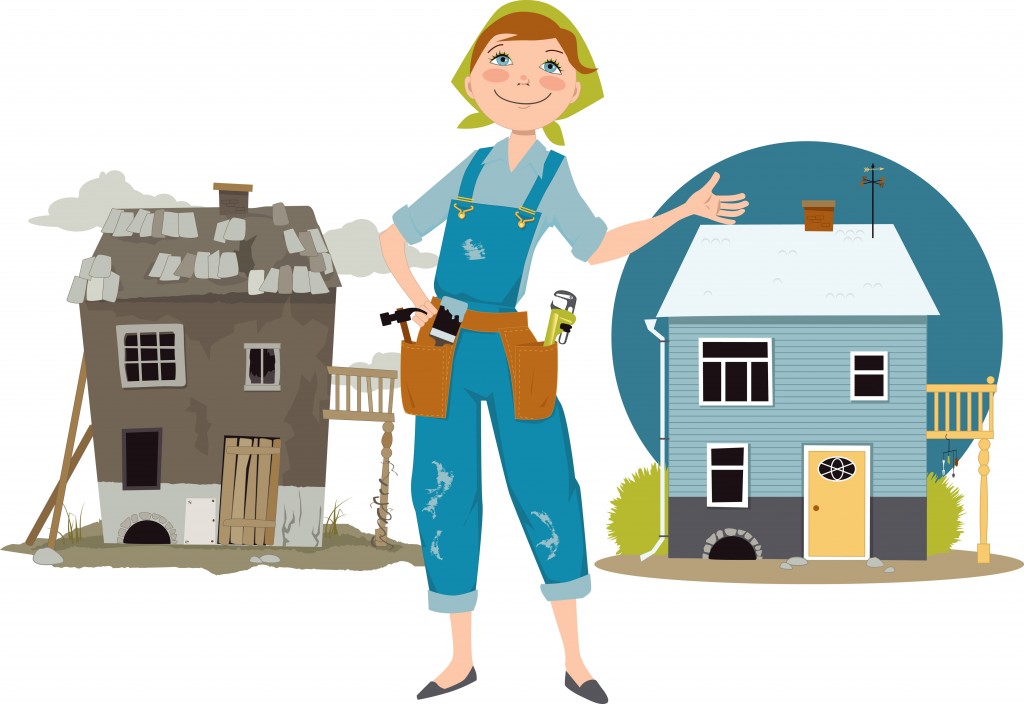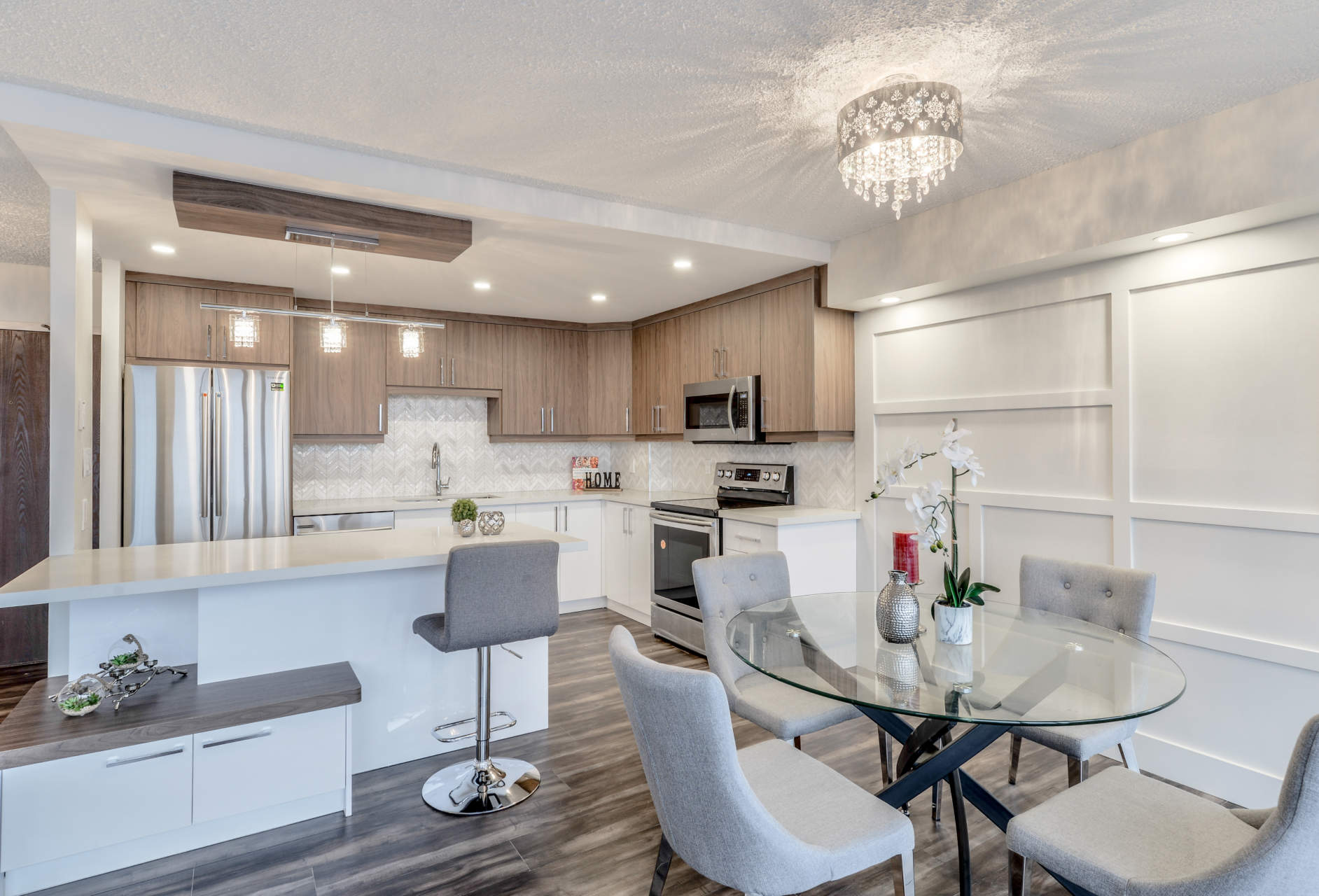House flipping is, essentially, buying a house or property with the intent to sell it for a profit. But the logistics can get pretty complicated.
There are a lot of decisions to make from the beginning. Where should you buy? If you purchase a house in an up-and-coming neighborhood, you're banking on the neighborhood increasing in value. If you decide to buy in a new development, you'll want to attract higher-end home buyers who want the luxury features and space offered in the suburbs. If all goes well, you could make a nice profit. But if something goes wrong -- faulty budgeting, timing issues, a crime spike in that up-and-coming neighborhood -- you could be stuck with a house you can't get rid of.
So much in house-flipping depends on the real-estate market, which we all know is cyclical. During a boom, flippers have the upper hand and can almost name their price in some areas. But during a slow period, many of these fixed-up homes can sit on the market for months.
Once you know where you want to buy, the next step is deciding what type of property you want to purchase. If you go for a fixer-upper, you're committing to improving the home, which takes time and money. If you buy a foreclosed property in an auction or from a bank, you could get a bargain on a vastly underpriced house. But remember that if the previous owners couldn't pay the mortgage, they probably couldn't pay for the upkeep, either -- so you might have to deal with a rodent infestation or a leaky roof.
house-flipping is more like a basic investing lesson: Buy low, sell high. You want to find a property that is undervalued or in just bad enough shape that you can invest minimal time and money in it before selling it. There are people who have made careers out of buying distressed properties and quickly turning them around for a profit. However, in a real-estate bust, things aren't quite so easy.
The first piece of advice that most flipping experts give: Make a budget. While finding the perfect place and knowing your skill set (or hiring a contractor) is important, budgeting is where new flippers most often fail.
Structural improvements -- like plumbing, electrical, insulation, pest control, and HVAC -- are typically the least sexy but most important improvements a flipper can make. New hardwood floors and coat of paint may get buyers in the door, but a termite problem can kill a deal quickly. If your technical skills are lacking here, you'll have to figure in the cost of labor, too.
Most real-estate agents advise fixing up the kitchen and bathrooms for the best return on your investment. In addition to the structural changes, this can include new cabinetry, counters, hardware, sinks, backsplashes, appliances, floors and lighting. Kitchen upgrades can be expensive, but they make a big impression (granite countertops and wine storage, for example). You could also decide to go green (see How Green Building Works), which can add value to the house when the improvements are marketed as money-savers. Obviously, you'll keep costs down if the house is in good structural shape and just needs updated paint and carpets -- but things can quickly get pricey, especially if you're using contractors and outside labor.
Another aspect to consider is curb appeal -- the outside of the house. You might need to paint, landscape and fix up the driveway, which adds to the budget. If you've bought in a pricey neighborhood, mowing the lawn and repairing the fence may not be enough -- there could be homeowners' association fees. In up-and-coming neighborhoods, you might have to budget for security measures.
So, good budgeting, property locaion, property condition and smart improvements are essential factors for a successful house flipping project.
It's recomended to consult an expert if your decided to start invesment in house flipping.






Post a comment